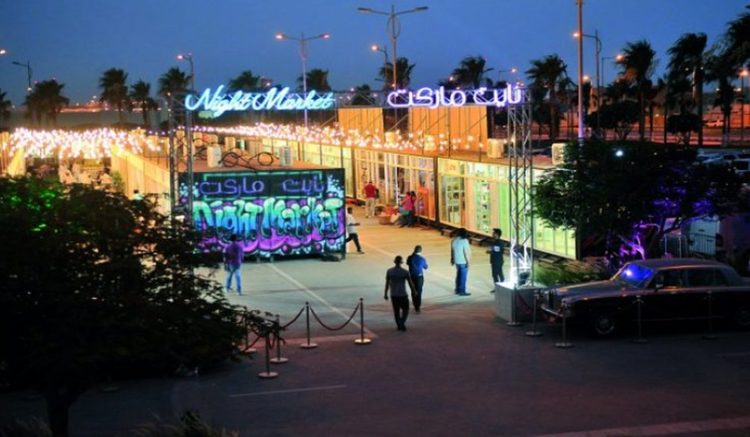
Digital Magazine – In today’s dynamic world, traveling has become more accessible than ever, offering endless opportunities for exploration and adventure. However, amidst the excitement of discovering new destinations, tourists often find themselves vulnerable to various fraudulent activities that can dampen their experiences and drain their finances.
According to recent research, the travel industry loses billions of dollars annually to scams and imposters, making it crucial for travelers to arm themselves with knowledge and awareness to navigate these challenges effectively.
Understanding Travel Fraud
Travel fraud encompasses a range of deceptive practices aimed at exploiting unsuspecting travelers during their journeys.
From financial scams to identity theft, fraudsters employ cunning tactics to manipulate and deceive tourists, leaving them with substantial losses and compromised personal information.
These imposters often masquerade as helpful individuals or trusted service providers, preying on the naivety of travelers to gain access to their funds and sensitive data.
Top Challenges Faced by Travelers
Money Exchange Fraud One of the most prevalent forms of travel fraud is money exchange scams, where imposters offer to assist travelers with currency exchange and then disappear with their money.
To avoid falling victim to such scams, tourists should only utilize reputable and verified currency exchange services.
Conveyance Fraud
Travelers frequently encounter conveyance fraud, where dishonest drivers overcharge passengers for transportation services.
To safeguard against this, tourists should familiarize themselves with local transportation options and utilize trusted ride-hailing apps that provide driver information and fare estimates.
Hotel Fraud
Another common scam targets unsuspecting travelers seeking accommodation, with fraudsters posing as legitimate hotel staff or owners to swindle money or obtain personal information.
To mitigate this risk, tourists should research and book accommodations through reputable booking platforms or directly with established hotels.
Public Networks
Wi-Fi fraud poses a significant threat to travelers who connect to unsecured public networks, exposing their devices to potential hacking and data theft.
To mitigate this risk, tourists should use secure personal hotspots or verify the legitimacy of public Wi-Fi networks with hotel staff or service providers.
Card Fraud
ATM scams are a prevalent concern for travelers, with fraudsters using skimming devices to steal card information and access victims’ bank accounts.
To protect against card fraud, tourists should use ATMs located in secure, well-lit areas and consider banking with institutions that offer advanced security features such as biometric authentication.
Introducing Eidv Solution for Travel Industry
Eidv (Electronic Identity Verification) presents a promising solution to combat travel fraud and enhance security measures within the industry.
By implementing robust identity verification protocols, organizations can effectively authenticate travelers and prevent fraudulent activities, thereby fostering trust and confidence among tourists.
Furthermore, Eidv solutions offer a seamless and user-friendly experience for travelers, ensuring a safe and hassle-free journey.
Final Thoughts
Travel fraud poses significant challenges for tourists and the travel industry as a whole, undermining trust and jeopardizing the integrity of travel experiences.
However, with proactive measures and heightened awareness, travelers can mitigate the risks associated with fraud and enjoy safe and memorable journeys.
By leveraging innovative solutions like Eidv and exercising caution and diligence, tourists can protect themselves against fraudulent activities and explore the world with confidence.





